Sustaining the future well being of our children: An empirical analysis of breastfeeding practices in Trinidad and Tobago
GODFREY C. ST. BERNARD, UNIVERSITY OF THE WEST INDIES, TRINIDAD AND TOBAGO
Abstract: Breastfeeding is a critical dimension of children’s prospective health and eventual wellbeing as adults. According to WHO/UNICEF, recommended standards for breastfeeding require that infants be breastfed exclusively for the first six months with continued breastfeeding for 2 years or more. This is an important concern given women’s recent thrusts in labour market pursuits including their initiatives toward advancing their education and training attributes and their careers. The paper examines whether or not, appropriate feeding standards have been practiced among 424 children under 2 years and the extent to which a range of socio-economic factors such as socio-economic status, mother’s education, mother’s participation in the labour force, mother’s age, place of residence and sex of child, impact upon variation in such feeding standards. The data are drawn from the Trinidad and Tobago MICS which was conducted under the auspices of the Ministry of Social Development, The Government of Trinidad and Tobago in 2006. With respect to socio-economic status, labour market experiences and the need to fulfill educational and training requirements, the paper makes recommendations for treating mother’s breastfeeding practices in the postpartum period as such practices impact subsequent human development capabilities of the next generation.
Keywords: Child Nutrition, Child Health, human development, female labour force participation, motherhood, workplace nurseries, breastfeeding
